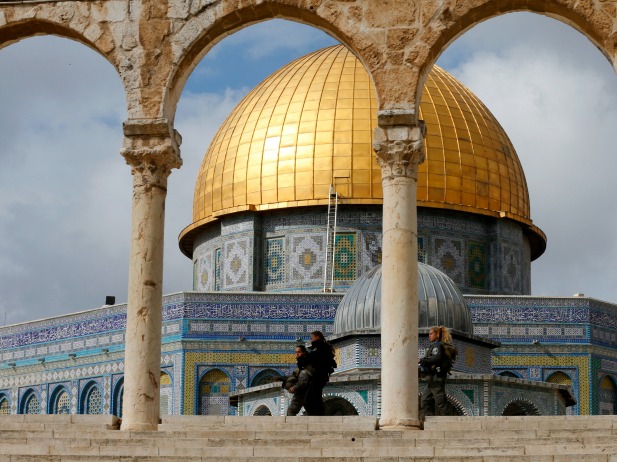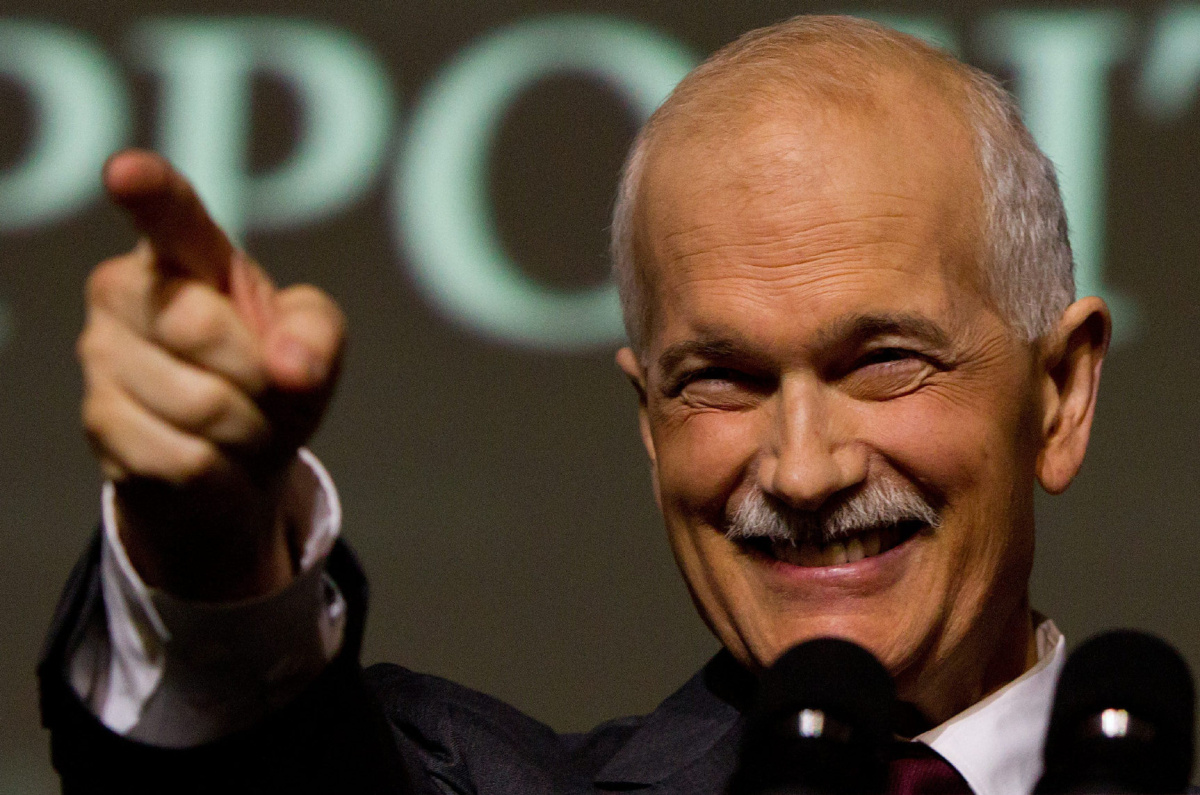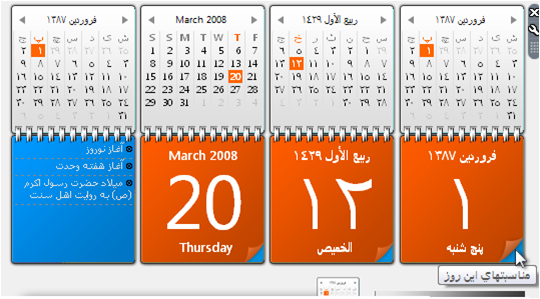
The current atmosphere in Israel is reminiscent of the Second Intifada’s opening days, in the autumn of 2000. The latest wave of shootings, automobile attacks and stabbings sweeping the streets of Jerusalem in recent weeks have had a profound affect on the Israeli consciousness. As the level of Palestinian incitement calling for violence against Israelis grows, the prospects for a Palestinian-Israeli peace seem more distant than ever.
Tension in Jerusalem skyrocketed last month with the attempted assassination of prominent right-wing religious activist Yehuda Glick. Glick, a proponent of greater Israeli control over the Temple Mount, was shot four times while discussing the longstanding rules constraining Jewish access to and conduct at the site, administered by the Jordanian religious authority.
Over the last few years, a cause long taken up by only a fringe group of religious zealots now encompasses a growing group of religious lawmakers and cabinet ministers. While the status quo has been questioned in recent Knesset sessions, Israeli Prime Minister Benjamin Netanyahu has repeatedly promised not to alter the current arrangement.
The attempted assassination came amid months of festering violence in Jerusalem, a significant increase from comparable attacks over the past two years. Last Monday marked the bloodiest day in recent memory, with the stabbing of an Israeli Soldier in Tel Aviv, and later three others at a bus stop near the Israeli West Bank settlement of Alon Shuvt.
Last Wednesday, two separate vehicular assaults in Jerusalem and the West Bank took the life of one police officer and seriously injured at least a dozen others, including three Israeli soldiers.
An Unprecedented Move
Following the shooting of Rabbi Glick, Israeli authorities temporarily barred access to the site on October 30, later restricting access to men over the age of 50. The Palestinian Authority described the unprecedented response, the first in 14 years, as a “declaration of war.” Palestinian spokesman Nabil Abu Rudeineh called the decision a “brazen challenge” that would lead to “further tensions and instability.”
While the Palestinian Authority holds the Israeli government responsible for the escalation of violence in East Jerusalem, it continues to play a double game. Although fully cooperating with the Israeli authorities to return relative quiet to the area, the President and Chairman of the Palestinian Authority continue to aid and abet a growing media campaign of incitement. The official television broadcast of the Palestinian Authority, PA T.V., has repeatedly called on Palestinians to “use all means to protect the Aqsa Mosque. On October 28, 2014, Palestinian Media Watch reported that PA T.V. broadcasted Palestinian Authority Chairman Abu Mazen, calling for violence against Jews in Jerusalem 19 times within a three-day period.
Amid the escalations of violence, Jordan withdrew its Ambassador to Israel, Walid Obeidat, earlier this month. Despite a positive trilateral meeting between Prime Minister Netanyahu, King Abdullah and U.S. Secretary of State John Kerry in Amman on Thursday, the Ambassador has yet to return.



